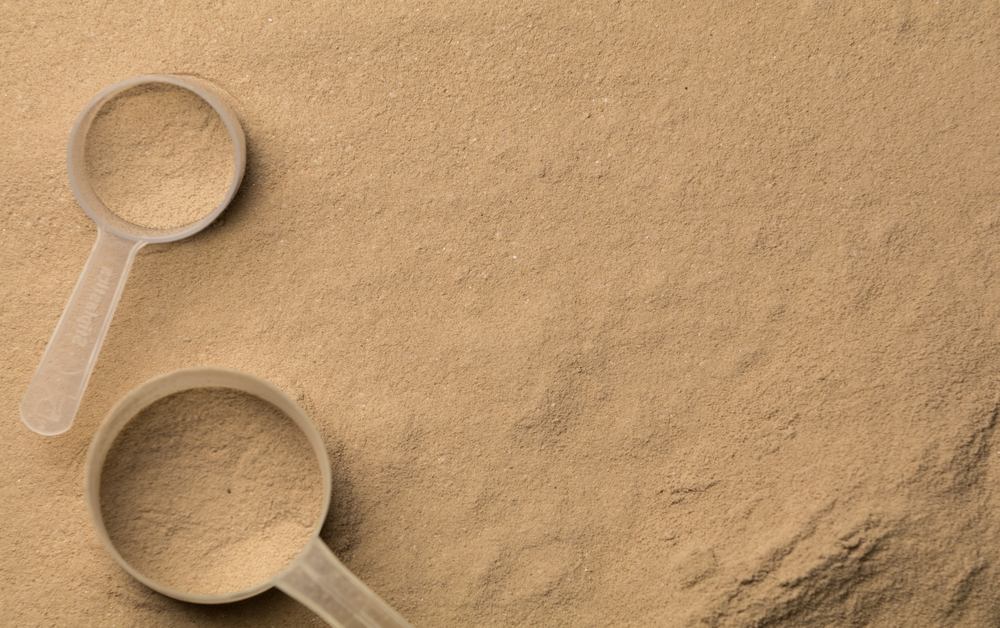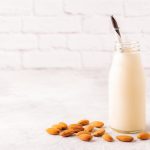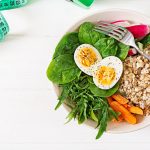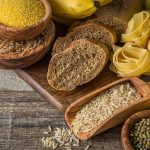For kids, it’s always taste over nutrition. Today’s kids are fortunate in this regard as the parents have the option to switch to supplements to fulfill the daily nutritional requirements of children. The most common supplement that is added to the kids’ diet is protein powder. Before switching to artificial supplements, seldom do parents do proper research about the product that they are feeding to their kids. These supplements usually do more harm than good. The same Is the case with the protein powder available in the market. As common as it is, protein powder can have harmful effects on a child’s health. Still confused? Here is a detail of how protein powder is not good for your kids.
Harms Of The Market-Bought Protein Powder
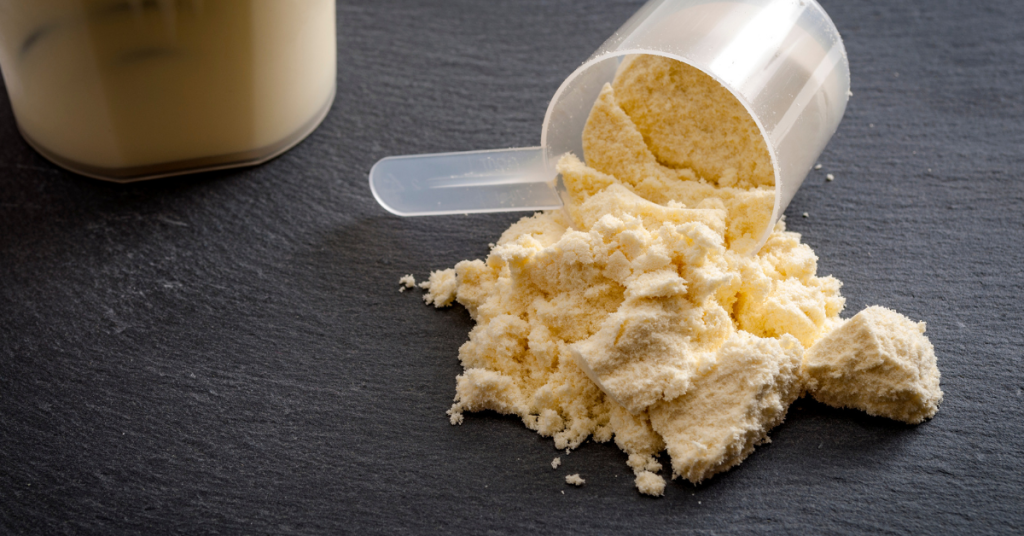
The protein powder that we buy from the market is loaded with artificial flavors and preservatives. Both these ingredients are not good for growing kids. Moreover, as per research, the protein powder that is used for kids has not shown any major improvements in the kids’ health. These protein powders do not have any significant effects on the height or weight of kids. In fact, the prolonged use of these powders can adversely affect the body due to excessive use of preservatives. It is also important to go for protein powders that do not have any added sugars. It must also be ensured that the protein powders do not contain any vitamins, minerals, or other nutrients.
How Much Protein Do Kids Require
Like any other nutritional requirement, the protein requirement for kids depends on their age and activity. The normal per day protein requirement for kids of age 1 – 3 years is 13 grams. For kids that are 4 – 8 years of age, the protein requirement is 19 grams. For 9 – 13 years old, it is 34 grams. Females that are between 14 – 18 years, require 46 grams of protein and for males of the same age, it is 52 grams.
Risk Of Diseases
Packaged protein powders can cause many diseases in kids. A study conducted in 2013 found out that long-term use of protein powder can cause kidney stones in kids. In addition to that, it can also lead to coronary artery disease, liver dysfunction, and bone disorders. To avoid diseases, it is important to consult a nutritionist or a pediatrician before you incorporate these supplements into your kid’s diet. Make sure that the supplement you are choosing contains whey protein.
Other Sources Of Protein
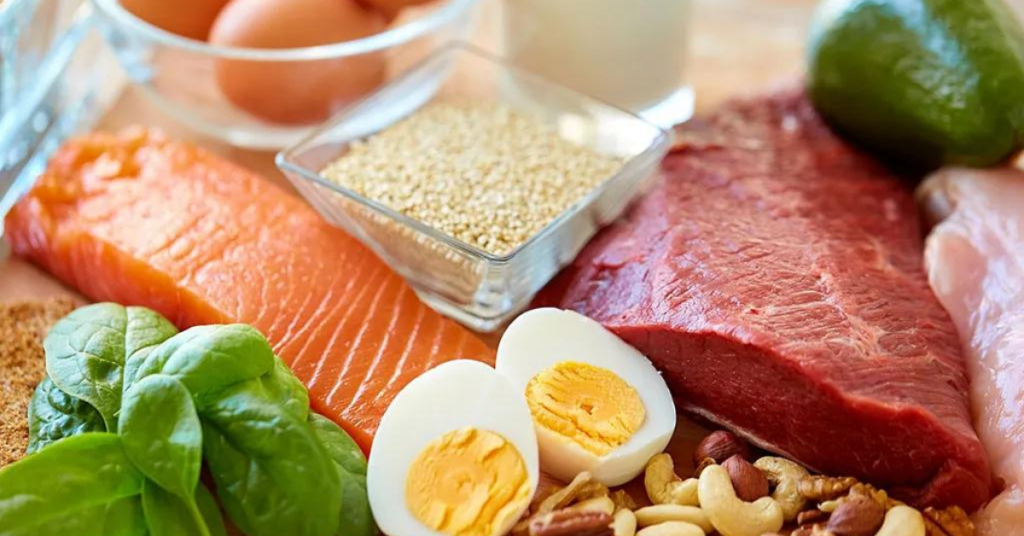
Switching to supplements is obviously an easier option for the parents. However, there are also other sources of protein that are more favorable for the kids. Some food items that are rich in protein include legumes, oily fish, meat, quinoa, nut butter, and vegetables such as broccoli. All these food items will not only fulfill the protein requirement of the kids but will also provide several other beneficial nutrients that will aid growth and wellbeing. Try to incorporate these food items into your kids’ diet and you will notice drastic changes in their growth and development.
Make Protein Powder At Home
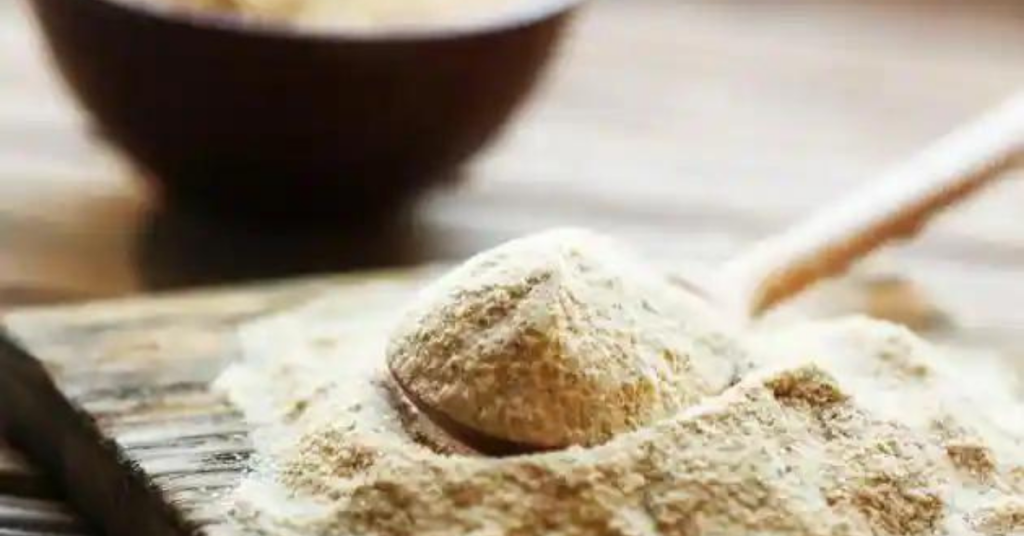
If your kids’ protein requirements are not being fulfilled by the food options mentioned above, you can make protein powder at home. All you have to do is to add 3 cups of non-fat milk powder to a blender. Along with that add one cup of almonds, one cup of oats, and some sugar or jaggery as a sweetener. Blend all the ingredients together and store this powder in a dry, airtight jar. If you want to increase the shelf life of this protein powder, you can also store it in the refrigerator. ½ a scoop of this protein powder contains 12 grams of protein. This protein powder is definitely a better option than the protein powders available in the market.
